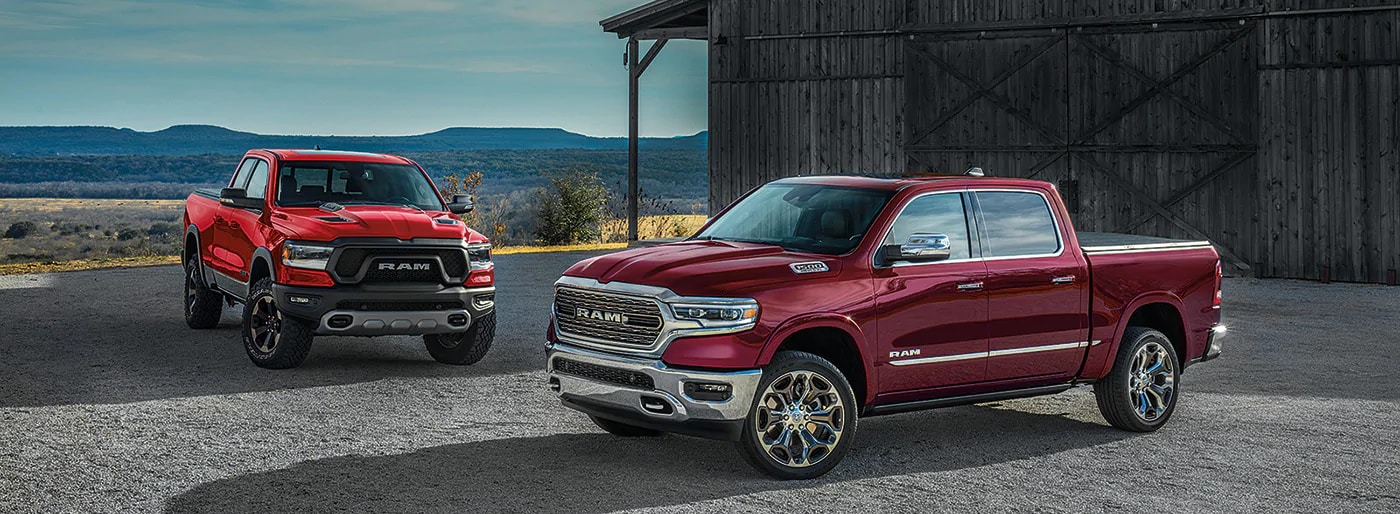

Are you in the market for a new car? If so, it’s important to avoid making common mistakes that can end up costing you time, money, and frustration. In this blog post, we’ll take a look at the top 9 car-buying mistakes to avoid.
- Not doing your research.
Before you start shopping for a new car, it’s important to do your homework. Research different makes and models, compare prices and features, and read reviews from other drivers. This will help you make an informed decision and avoid overpaying for a car that doesn’t meet your needs. - Focusing on monthly payments.
Many car salespeople will try to focus on the monthly payment when negotiating a car deal. However, this can be a trap. By focusing on the monthly payment, you may end up agreeing to a higher interest rate or a longer loan term, which can end up costing you more in the long run. Instead, focus on the total cost of the car, including the price, financing, and any additional fees. - Skipping the test drive.
Before you buy a car, it’s important to take it for a test drive. This will give you a chance to experience how the car handles, feels, and performs on the road. Don’t be afraid to ask the salesperson to take you on a longer or more challenging test drive. This will give you a better sense of how the car will perform in real-world driving conditions. - Neglecting to check the car’s history.
Before you buy a car, it’s important to check its history. This will give you valuable information about the car’s previous owners, any accidents or damage it has sustained, and any outstanding recalls or issues. You can check the car’s history by using a service like CARFAX or AutoCheck. - Not negotiating the price.
Many car buyers are hesitant to negotiate the price of a car, but this is a mistake. In most cases, the price of a car is negotiable, and you can often save thousands of dollars by negotiating with the salesperson. Don’t be afraid to make an offer and see if the salesperson is willing to come down on the price. - Failing to consider the total cost of ownership.
When buying a car, it’s important to consider not just the upfront cost, but also the ongoing costs of ownership. These can include things like insurance, fuel, maintenance, and repairs. Be sure to factor these costs into your decision andchoose a carthat will be affordable to own in the long term. - Not shopping around.
It’s important to shop around and compare prices from different dealerships and sources. Don’t just go to one dealership and assume that their price is the best you can get. Instead, look at prices from multiple sources and see if you can find a better deal elsewhere. - Buying without a budget.
Before you start shopping for a car, it’s important to set a budget and stick to it. Determine how much you can afford to spend on a car, and don’t let the salesperson talk you into spending more. By setting a budget, you’ll be able to avoid overspending and end up with a car that fits your financial situation. - Forgetting about hidden costs.
Whenbuying a car, there are often hidden costs that can add up and affect your budget. These can include things like taxes, registration fees, and extra charges for things like extended warranties or gap insurance. Be sure to ask the salesperson about these costs and factor them into your decision.
In conclusion, buying a new car can be a big decision and it’s important to avoid common mistakes. Research different makes and models, compare prices and features, and read reviews from other drivers before making a decision. Be wary of focusing on monthly payments and negotiate the price of the car. Test drive the car and check its history before making a purchase. Consider the total cost of ownership and shop around for the best deal. Set a budget and be aware of hidden costs. By avoiding these mistakes, you can save time, money, and frustration when buying a new car.








